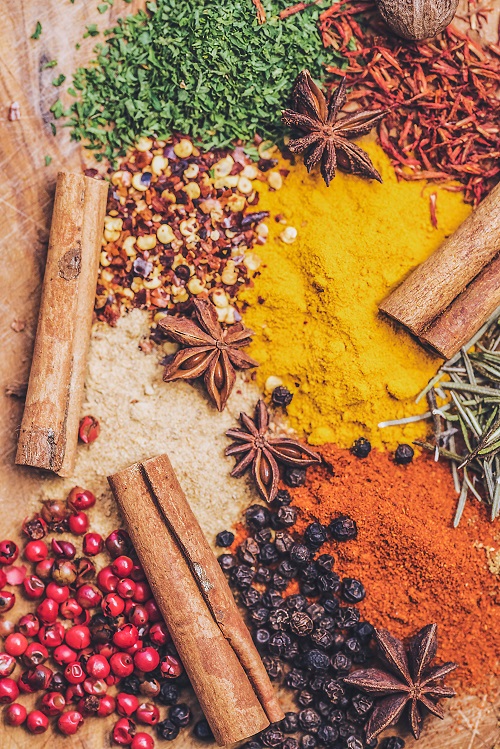Herbal Medicine
Herbal medicine, also called botanical medicine or phytomedicine, refers to using a plant’s seeds, berries, roots, leaves, bark, or flowers for medicinal purposes. Herbalism has a long tradition of use outside conventional medicine. It is becoming more mainstream as improvements in analysis and quality control, along with advances in clinical research, show the value of herbal medicine in treating and preventing disease.
Herbal supplements come in all forms: dried, chopped, powdered, capsule, or liquid, and can be used in various ways, including:
- Swallowed as pills, powders, or tinctures
- Brewed as tea
- Applied to the skin as gels, lotions, or creams
- Added to bath water
At East Boca Acupuncture we highly recommend both Standard Process and Theralogix for their outstanding work with herbal medicine and supplements. If you ever have any questions about other vitamin brands, please feel free to send me an email or call me with any questions.

Herbal medicine is used to treat many conditions, such as:
- Allergies
- Asthma
- Eczema
- Premenstrual Syndome
- Rheumatoid Arthritis
- Fibromyalgia
- Migraine
- Menopausal Symptoms
- Chronic Fatigue
- Irritable Bowel Syndrome
Top 5 Considerations Before Taking Herbal Supplements
Educate Yourself
Learn as much as you can about the herbs you are taking by consulting your doctor and contacting herbal supplement manufacturers for information.
Follow Label Instructions
Never exceed the recommended dosage, and seek out information about who should not take the supplement.
Work with a Professional
Work with a professional, like me! Seek out the services of a trained herbalist who has extensive training in this area.
Watch for Side Effects
Watch for side effects or allergic reactions. If symptoms, such as nausea, dizziness, headache, or upset stomach, occur, reduce the dosage or stop taking the herbal supplement.
Research the Company
Research the company whose herbs you are taking. All herbal supplements are not created equal, and it is best to choose a reputable manufacturer’s brand.
Ask Yourself:
-
- Is the manufacturer involved in researching its own herbal products or simply relying on the research efforts of others?
- Does the product make outlandish or hard-to-prove claims?
- Does the product label give information about the standardized formula, side effects, ingredients, directions, and precautions?
- Is label information clear and easy to read?
- Is there a toll-free telephone number, an address, or a website address listed so consumers can find out more information about the product?
The most commonly used herbal supplements in the U.S. include:
- Echinacea (Echinacea purpurea and related species)
- John’s wort (Hypericum perforatum)
- Ginkgo (Ginkgo biloba)
- Garlic (Allium sativum)
- Saw palmetto (Serenoa repens)
- Ginseng (Panax ginseng or Asian ginseng)
- Goldenseal (Hydrastis canadensis)
- Chamomile (Matricaria recutita)
- Feverfew (Tanacetum parthenium)
- Ginger (Zingiber officinale)
- Evening primrose (Oenothera biennis)
- Milk thistle (Silybum marianum)
